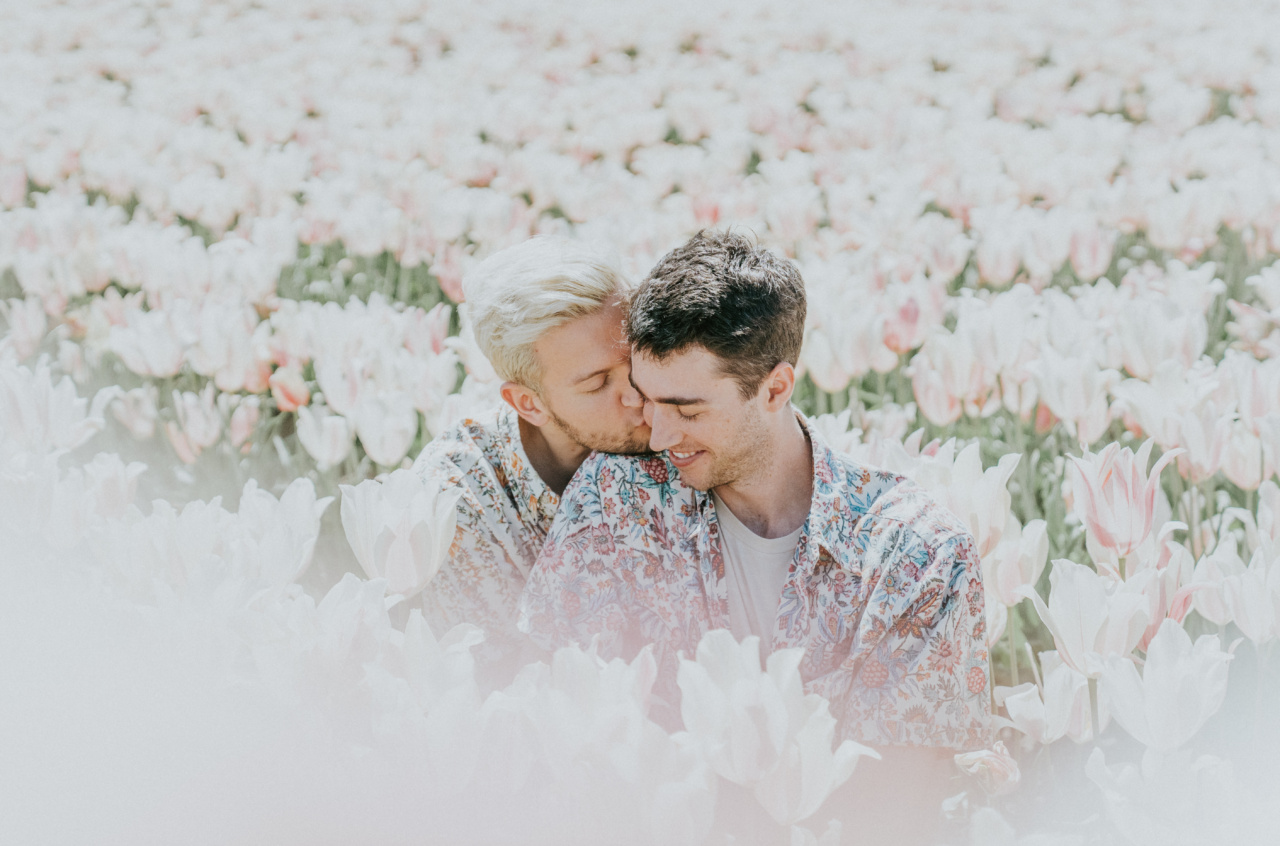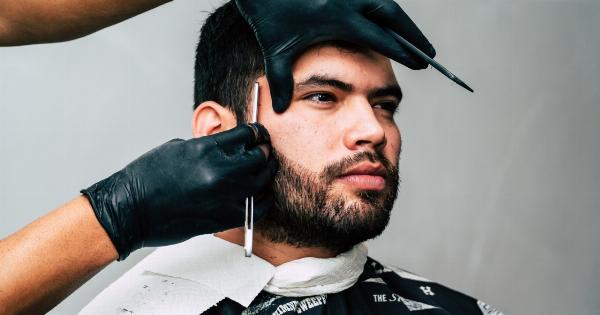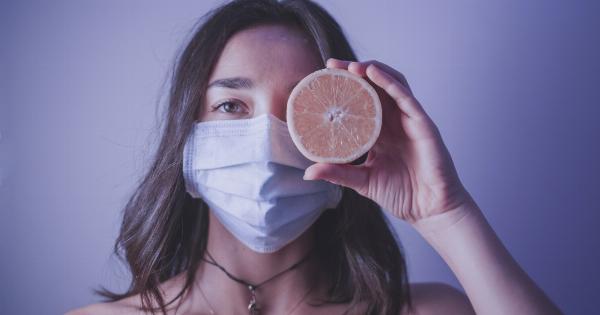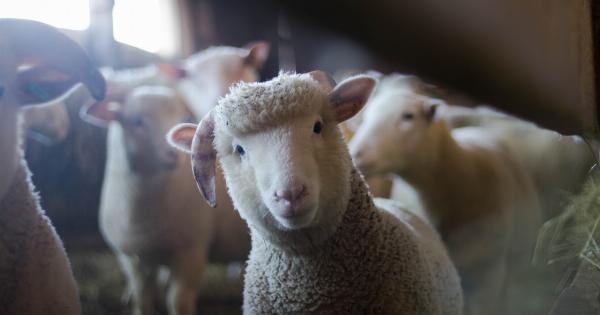Kissing is a universal act of affection that has been practiced by humans for centuries. It is not only a physical expression of love and desire but also serves as a means of communication and connection.
Kissing has deep roots in human culture and biology, playing a significant role in our relationships and overall well-being. In this article, we will explore the importance of kissing and the various reasons why it holds a special place in our lives.
The Science Behind Kissing
When we kiss, a multitude of physiological processes are set in motion. Scientists have discovered that kissing triggers the release of several chemicals and hormones in our bodies, including oxytocin, dopamine, and serotonin.
These chemicals are responsible for creating feelings of pleasure, attachment, and bonding. Oxytocin, often referred to as the “love hormone,” is particularly important in the context of kissing as it fosters intimacy and strengthens emotional connections between individuals.
Kissing and Romantic Relationships
Kissing is an integral part of romantic relationships and serves as a powerful bonding mechanism between partners. It allows couples to express their love, desire, and affection for one another.
The act of kissing activates the brain’s reward system, triggering feelings of happiness, contentment, and emotional well-being. Kissing is not only pleasurable but also helps maintain a strong emotional connection, promoting relationship satisfaction and longevity.
The Art of Kissing
While kissing comes naturally to most individuals, it can also be considered an art form. Different cultures have their own unique kissing customs and techniques.
From the passionate French kiss to the gentle Eskimo kiss, kissing styles vary across the world. The art of kissing involves attention to detail, rhythm, and the ability to effectively communicate emotions through the act itself. A skilled kisser can ignite passion, build anticipation, and cultivate a deep sense of intimacy.
Kissing and Sexual Desire
One of the significant reasons why kissing is important to us is its connection to sexual desire. Kissing serves as a prelude to sexual activity, heightening arousal and signaling the initiation of intimacy.
The act of kissing activates sensitive nerve endings in the lips and mouth, which are densely packed with sensory receptors. These sensations stimulate the brain’s pleasure centers, triggering a cascade of sexual responses and intensifying the overall experience.
Health Benefits of Kissing
Kissing has numerous health benefits that go beyond emotional well-being. Research has shown that kissing can boost the immune system by sharing important bacteria and viruses, helping to build resistance to common illnesses.
Kissing has also been found to lower stress levels by reducing cortisol, the body’s stress hormone. It can also act as an exercise for the facial muscles, improving blood circulation and toning the skin.
Kissing as a Form of Communication
Kissing is a non-verbal form of communication that can convey a wide range of emotions and intentions. A simple kiss on the cheek can express friendship or greetings, while a passionate kiss on the lips signifies romance and desire.
Kissing can serve as a powerful tool for expressing love, gratitude, and forgiveness. It can also act as a barometer for the health of a relationship, reflecting the level of emotional connection and compatibility between two individuals.
The Social and Cultural Significance of Kissing
Kissing holds significant social and cultural importance in various parts of the world. In some cultures, kissing on the cheek is a common greeting gesture, while in others, public displays of affection through kissing may be frowned upon.
Different societies have different beliefs and norms surrounding kissing, influenced by religion, tradition, and personal values. Kissing in films, literature, and art has often been used to symbolize romance, passion, and intimacy.
Kissing and Mental Well-being
Kissing contributes to our overall mental well-being by boosting mood, reducing anxiety, and increasing feelings of happiness and contentment.
The release of hormones, such as oxytocin and dopamine, during kissing helps alleviate stress, promote relaxation, and enhance feelings of attachment. Regular kissing has been linked to improved self-esteem, decreased symptoms of depression, and increased life satisfaction.
Kissing Across Different Life Stages
Kissing plays unique roles at different stages of life, adapting to our changing needs and desires. A first kiss can be exhilarating and mark the beginning of a new romantic relationship. Kissing during courtship helps establish trust and compatibility.
For long-term couples, kissing continues to strengthen emotional bonds and maintain intimacy. In older individuals, kissing remains an essential form of physical affection, providing comfort, reassurance, and a sense of connection.
Kissing and Phenomenon of “Chemistry”
Most of us have experienced the phenomenon of “chemistry” or a strong physical and emotional attraction towards someone. Kissing plays a vital role in this phenomenon by allowing individuals to assess compatibility at a deeper level.
The exchange of pheromones and subtle cues during a kiss can activate our innate instincts, helping us determine whether we share a strong connection with another person. Kissing is an essential tool in the early stages of a relationship, aiding in mate selection.
Conclusion
Kissing is far more than a simple physical act. It is a powerful means of expressing love, desire, and affection. Kissing enhances emotional connections, fosters intimacy, and contributes to overall relationship satisfaction.
It holds a significant place in our lives, both biologically and culturally. By understanding the science behind kissing and appreciating its multifaceted significance, we can truly recognize why it remains an integral part of who we are as humans.






























